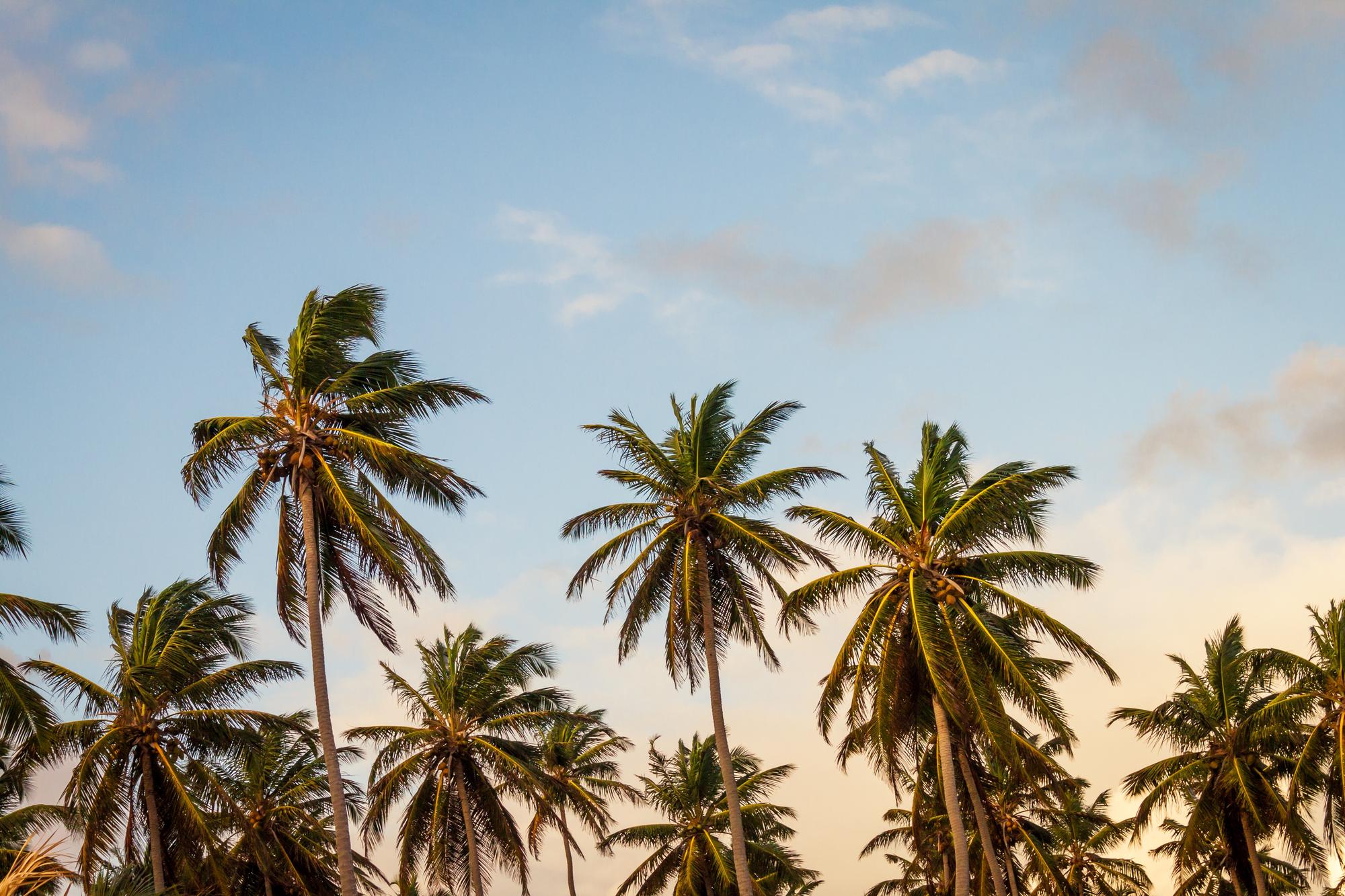Fort Myers’ medical cannabis economy is no longer a niche. As Florida’s patient registry climbs, dispensaries and ancillary firms have created a ripple across Lee County’s growth story. The state’s Office of Medical Marijuana Use (OMMU) reported 921,698 active patients as of August 8, 2025—a statewide scale that sustains steady retail demand.
That scale shows up locally in storefronts and payrolls. Weedmaps lists roughly 31 medical dispensary locations in Fort Myers, indicating a dense cluster serving the metro’s population. Lee County’s resident base has been expanding—about 861,000 people in 2024—providing a growing consumer and workforce pool for licensed operators and their vendors.
Direct spending is significant even without adult-use. OMMU’s weekly ledger shows Florida operators dispensed more than 136,000 ounces of smokable flower and 382 million milligrams of THC products in the week ending August 7, 2025. Companies with locations in and around Fort Myers—Trulieve, Curaleaf, MÜV, Surterra, Cookies and others—contribute to that volume.
Context matters: Florida is one of the nation’s largest medical markets. Industry researchers projected the state’s sales near the $2 billion mark in 2024, and MJBiz estimates the regulated U.S. sector will generate $123.6 billion in total economic impact in 2025. Those benchmarks help explain why capital investment and payrolls have continued expanding along the Gulf Coast.
Tax dynamics are nuanced. Florida exempts medical cannabis and delivery devices from state sales and use tax, limiting direct tax receipts to property taxes, payroll-related levies, and routine business fees. That policy benefits patient affordability but curbs a potential revenue stream for local governments until or unless adult-use taxation arrives.
Investment signals remain positive. The state’s August 8 OMMU update recorded a Bonita Springs approval that adds capacity in Southwest Florida, while operators continue announcing new Gulf Coast sites. Each opening drives tenant demand for retail space, trades work for buildouts, and recurring service contracts for security, cleaning, and HVAC—typical small-business multipliers.
There are headwinds. Because Florida remains medical-only, the region does not capture the visitor-driven “cannabis tourism” lift seen in adult-use markets, and retail remains limited to qualified patients and caregivers. Zoning debates and neighborhood pushback also surface periodically, adding friction and cost for operators. Still, the regulated channel reduces illicit-market visibility by offering legal access points—now numbering in the dozens across the Fort Myers area.
Bottom line: the footprint points to a modest net positive. Fort Myers is seeing incremental job creation, commercial lease absorption, and service-industry spillovers, supported by a large statewide patient base and continuing store approvals. The lack of sales-tax revenue from medical purchases and the medical-only cap temper fiscal upside, but weekly throughput data and fresh openings suggest continuing momentum. If Florida eventually expands to adult-use, analysts would expect broader participation, new tax revenue, and a larger multiplier touching hospitality and tourism.
Learn More: Promise and Precaution: The Real Impact of Cannabis on Fort Myers’ Wellness Community

